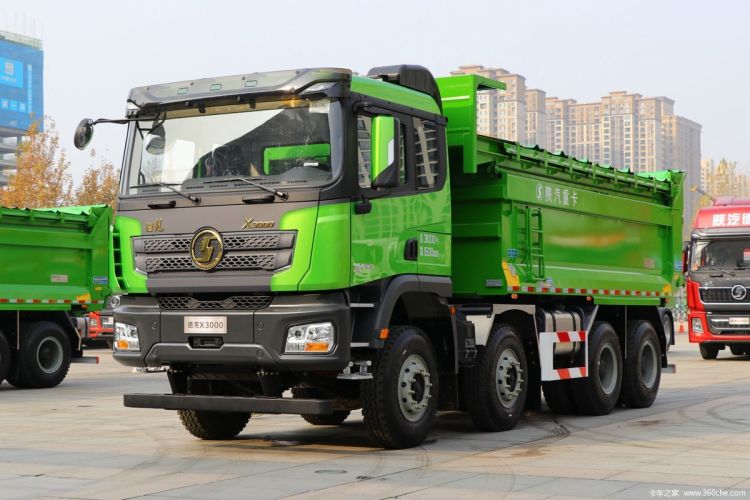Common causes of failure in used trucks are varied and involve multiple systems and components of the vehicle. Here are some common causes of failure and their brief descriptions:
Engine failure: The engine is the core component of the truck, and its failure can include fuel supply problems, ignition system failure, oil contamination or insufficient, internal engine wear, etc. These failures can result in reduced engine performance, increased noise, or difficulty starting.
Electrical system failure: The truck’s electrical system is complex, including batteries, generators, lines and various sensors. The fault may be caused by aging batteries, generator failure, aging or short circuit of wiring, sensor damage, etc., resulting in vehicle failure to start, abnormal meter display or electrical function failure.
Brake system failure: The brake system is the key to the safe operation of the truck, and the failure may include brake pad wear, brake oil leakage, brake disc deformation or improper adjustment of the brake system. These failures can lead to reduced brake performance or even brake failure.
Suspension and steering failures: Suspension is responsible for supporting the body and maintaining stability, while steering controls the direction of travel. Failure may include damage to the shock absorber, fatigue of the suspension spring, wear of the steering ball head, or failure of the steering booster pump, resulting in erratic driving, misdirection, or difficult steering.
Cooling system failure: The cooling system is responsible for maintaining the normal operating temperature of the engine. The fault may be caused by a blocked radiator, cooling fan failure, water leakage from the pump or insufficient coolant, resulting in overheating or poor cooling of the engine.
Tire and chassis failure: Uneven tire wear, insufficient air pressure, or loose or damaged chassis components can lead to uneven driving, increased noise, or decreased handling.
Emission system failure: With the improvement of environmental protection requirements, the emission system of trucks is becoming more and more complex. Failures can include a clogged catalytic converter, failure of an oxygen sensor, or failure of an emission control valve, resulting in excessive emissions or associated failure lights on.
It should be noted that the cause of failure of used trucks may vary depending on factors such as vehicle brand, model, service life, maintenance status and use environment. Therefore, in actual use, it is recommended to check and maintain the vehicle regularly to discover and solve potential faults in time to ensure the safety and reliability of the vehicle. At the same time, choosing a reputable used car dealer to buy, and conducting a detailed inspection and evaluation before purchase is also an important measure to reduce the risk of failure.




